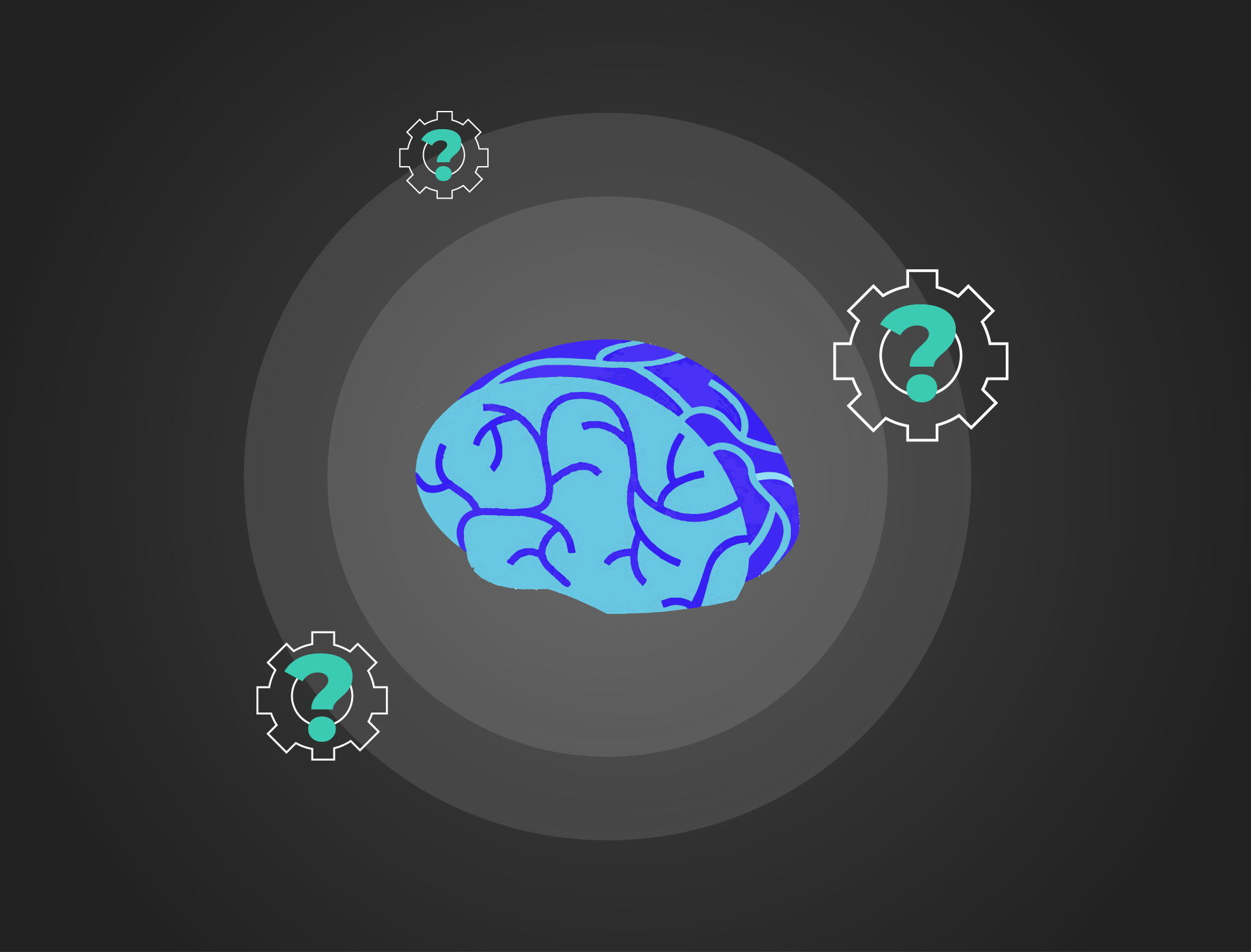Join our newsletter



Artificial Intelligence (AI) and Machine Learning (ML) are rapidly evolving fields that are transforming how we interact with technology. As these concepts become more integrated into our daily lives, it’s important to understand the basics and the complexities behind them. This article presents 20 frequently asked questions, ranging from simple to advanced, to help clarify these important topics.
Question #1: What is Artificial Intelligence (AI)?
Answer: Artificial Intelligence refers to computer systems that can perform tasks that usually require human intelligence, such as understanding language, recognizing patterns, and making decisions.
Question #2: What is Machine Learning (ML)?
Answer: Machine Learning is a branch of AI that focuses on creating algorithms that allow computers to learn from data and improve their performance over time without being explicitly programmed.
Question #3: How does Machine Learning differ from traditional programming?
Answer: In traditional programming, developers write specific instructions for the computer to follow. In Machine Learning, the system learns from data and makes its own decisions based on what it has learned.
Question #4: What are the main types of ML?
Answer: The main types of Machine Learning are supervised learning (with labeled data), unsupervised learning (with unlabeled data), and reinforcement learning (learning through trial and error).
Question #5: Can you give an example of how AI is used in everyday life?
Answer: AI is used in many everyday applications, such as virtual assistants like Siri or Alexa, which understand voice commands and help users with various tasks.
Question #6: What is supervised learning?
Answer: Supervised learning is a type of ML where the model is trained on a labeled dataset, meaning the input data is paired with the correct output. The model learns to make predictions based on this training.
Question #7: What is unsupervised learning?
Answer: Unsupervised learning involves training a model on data without labeled responses. The model tries to find patterns or groupings in the data on its own.
Question #8: What is reinforcement learning?
Answer: Reinforcement learning is a type of Machine Learning where an agent learns to make decisions by taking actions in an environment to maximize some notion of cumulative reward.
Question #9: How does AI handle data privacy concerns?
Answer: AI systems must be designed with privacy in mind, often using techniques like data anonymization and encryption to protect personal information while still allowing for effective analysis.
Question #10: What are neural networks?
Answer: Neural networks are a series of algorithms that mimic the way the human brain operates. They are used in Machine Learning to recognize patterns and classify data.
Question #11: What is deep learning?
Answer: Deep learning is a subset of ML that uses neural networks with many layers (hence "deep") to analyze various factors of data. It’s particularly effective for tasks like image and speech recognition.
Question #12: How do you evaluate the performance of a Machine Learning model?
Answer: The performance of a Machine Learning model can be evaluated using metrics such as accuracy, precision, recall, F1 score, and AUC-ROC curve, depending on the type of problem being solved.
Question #13: What are some common challenges in implementing AI systems?
Answer: Common challenges include data quality issues, algorithm bias, lack of transparency in decision-making processes, integration with existing systems, and ensuring compliance with regulations.
Question #14: What is overfitting in Machine Learning?
Answer: Overfitting occurs when a model learns the training data too well, including noise and outliers. As a result, it performs poorly on new, unseen data because it has become too tailored to the training set.
Question #15: How do transfer learning and fine-tuning work in AI?
Answer: Transfer learning involves taking a pre-trained model (trained on one task) and adapting it for a different but related task. Fine-tuning adjusts the weights of this model using new data to improve its performance on the specific task.
Question #16: What is Natural Language Processing (NLP), and why is it important?
Answer: Natural Language Processing is a field of AI focused on the interaction between computers and humans through natural language. It enables machines to understand, interpret, and respond to human language in a valuable way.
Question #17: How do generative models like GANs work?
Answer: Generative Adversarial Networks (GANs) consist of two neural networks—a generator that creates new data instances and a discriminator that evaluates them. They work against each other to improve their performance until the generator produces realistic outputs.
Question #18: What are ethical considerations in AI development?
Answer: Ethical considerations include ensuring fairness (avoiding bias), maintaining transparency (understanding how decisions are made), protecting privacy (safeguarding user data), and considering the societal impact of deploying AI technologies.
Question #19: What role does feature engineering play in Machine Learning?
Answer: Feature engineering involves selecting, modifying, or creating new features from raw data to improve model performance. It’s crucial because well-chosen features can significantly enhance the ability of models to learn patterns effectively.
Question #20: How do you ensure robustness and generalization in AI models?
Answer: Ensuring robustness and generalization involves techniques such as cross-validation, regularization methods to prevent overfitting, using diverse datasets for training, and testing models under various conditions to ensure they perform well across different scenarios.
Understanding machine learning and artificial intelligence can seem daunting at first, but breaking it down into key questions helps clarify these complex topics. From basic definitions to advanced concepts like neural networks and ethical considerations, we hope this FAQ guide has provided valuable insights into AI and ML.If you’re eager to learn more about these fascinating subjects or explore related topics further, we invite you to browse through our blog for more articles!